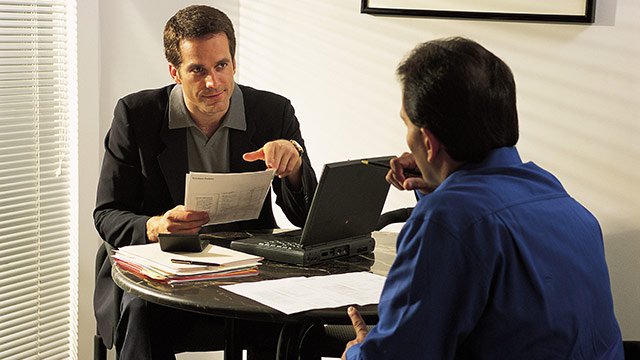The goal of a human resource manager is to strengthen the employer-employee relationship. This goal is supported by a variety of functions within the human resources department and throughout the organization. In a small business, the human resource manager may have a great degree of latitude, as well as the time to devote to employee interaction with a small workforce. Both of these are key elements of an effective human resources leader, although she must accomplish a number of functions to achieve this goal.
Also Read: SHRM Senior Certified Professional (SHRM-SCP)
Tip
The human resource manager is the “face of HR” and therefore relied upon to be both human resources expert and employee advocate.
Manage HR Department
The manager of the human resources department is responsible for ensuring that department employees are well-versed in their areas of expertise. The various disciplines of HR require expertise in compensation, benefits, safety, payroll, recruiting and training. Ideally, the human resource manager is a generalist, which means his expertise is cross-discipline.
Knowledge of Laws
Managing the human resources department also requires knowledge of federal and state employment and labor laws and regulations that apply to human resources professionals. For example, the human resource manager will designate the HIPAA (Health Insurance Portability and Accountability Act) officer in charge of all medical and health-related records for the workplace.
Interaction With Executive Leadership
An effective human resource manager is in constant communication with executive leadership. The HR department is not a revenue-generating source. Consequently, it is important for an organization’s leaders to understand the return on investment (ROI) in human resources activities as a contribution to the company’s bottom line.
In a small business, the ROI may be more readily seen than in a large conglomerate. The human resource manager for a small business, and thus a smaller workforce, can easily implement methods and strategies that may show faster results. The bureaucratic hierarchy of a large organization often puts many more layers of authority between the human resource manager and executive leadership.
Employer-Employee Relations
A human resource manager who stays in her office all day will not be effective at building strong relationships with employees. Another function of the human resource manager is to gain the trust and confidence of employees, and the best way to establish trust is through daily interaction with the workforce.
According to the U.S. Bureau of Labor Statistics, human resources occupations require strong interpersonal skills. Again, with a smaller workforce, the results of an HR manager’s interpersonal skills may be seen more quickly than in a large organization. Employee relations is a large part of the human resources manager’s job function, because employee concerns encompass a wide range of issues over which the manager has influence.





